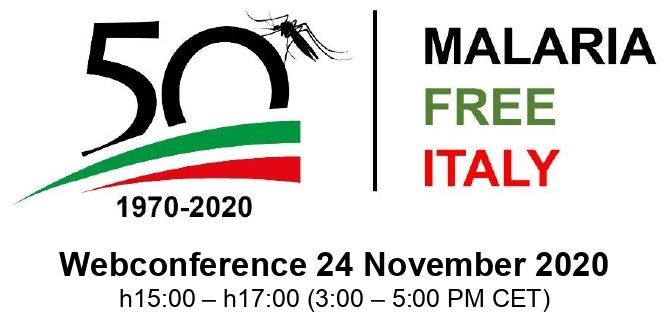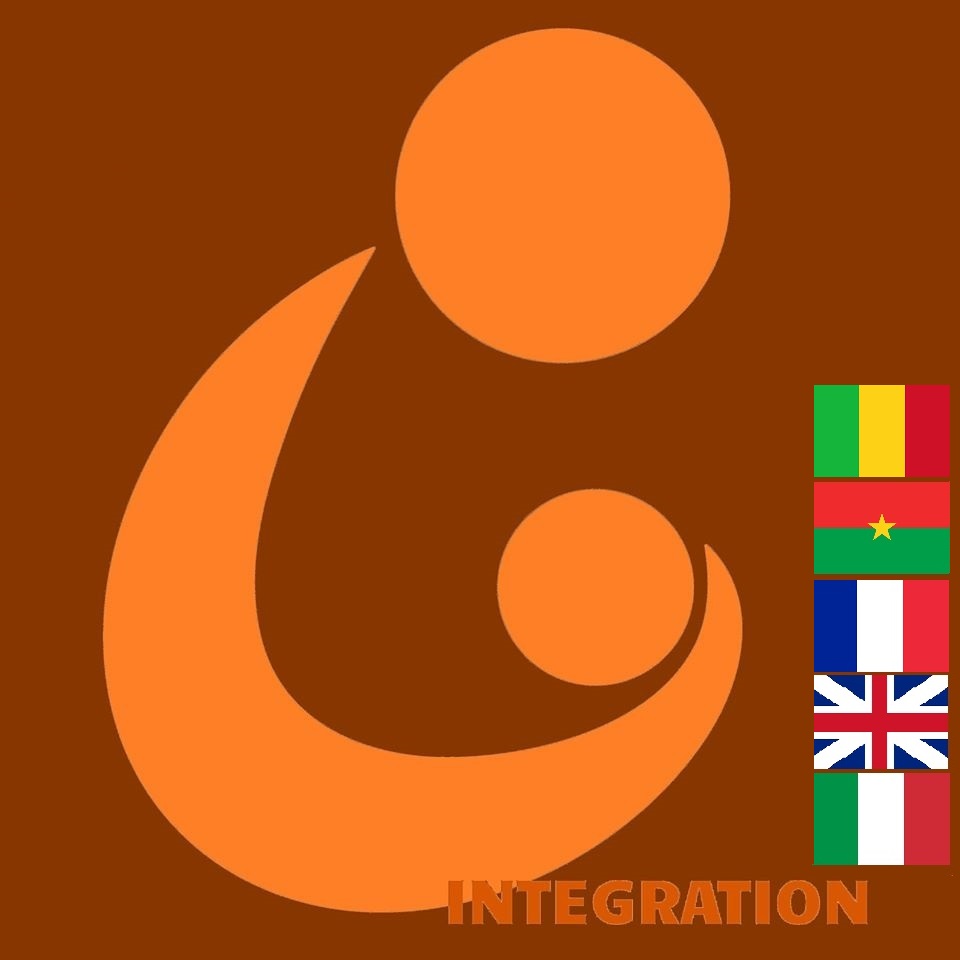50th anniversary of the WHO declaration of malaria-free Italy

On the 50th anniversary of the WHO declaration of malaria-free Italy, national and international institutions engaged in the fight against malaria meet to discuss the contribution of scientific research to





